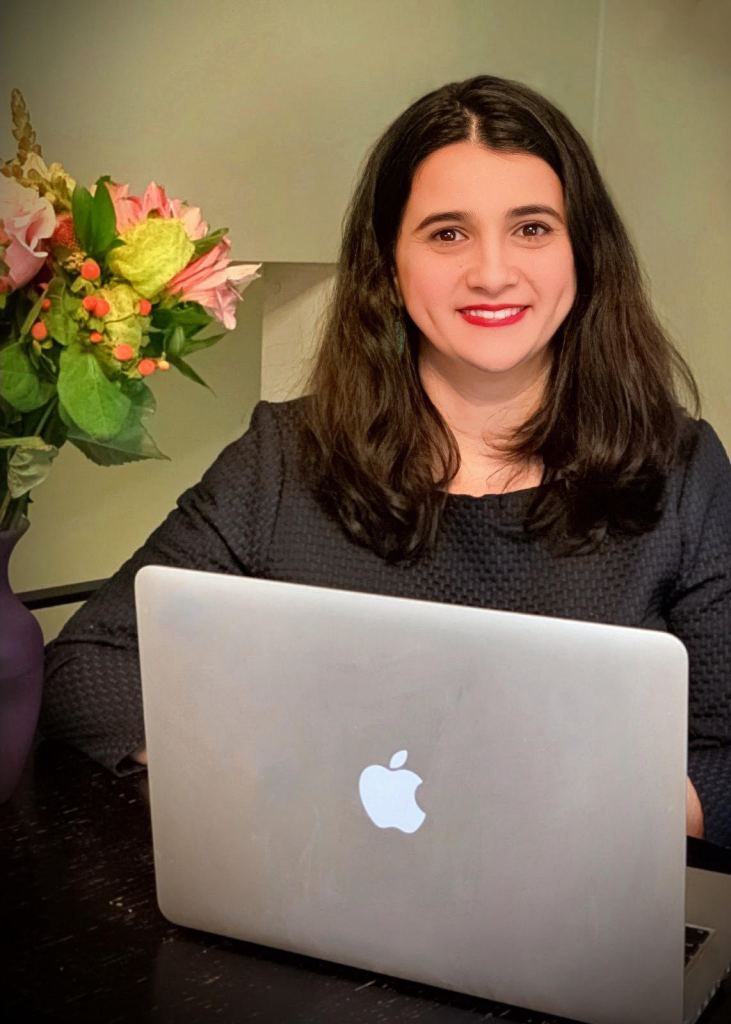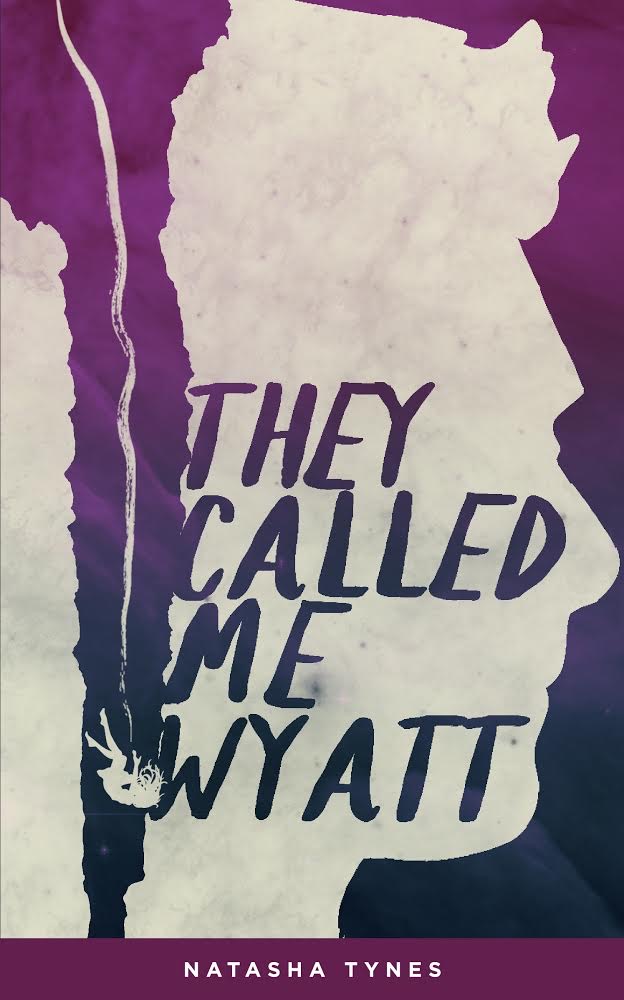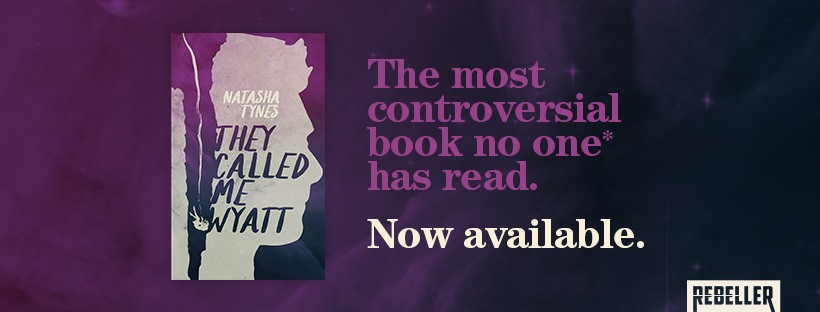
It is always a pleasure to see a new Jordanian getting published, and it is double the pleasure when it happens to be one of the fellow old bloggers. I was first introduced to Natasha’ Tynes’s writings around 14 years ago through her blog which I enjoyed and admired back then. And, fast-forward to two years ago, I was honored to read the draft of her first novel when she approached me seeking advice on how to get it published. She didn’t need my advice, as she was determined and passionate, and proud of her work. Eventually she got it done, and successfully released last summer. A book that I enjoyed reading, and loved because it highlighted a space/time that is dear to my heart and is rarely covered in our cultural productions.
It has been a long time since I did any interview on my blog, but I am happy to chat with Natasha, and happy to present this interview that talks about her book, her experience in getting it publisher, and recommendations to aspiring writers. Hope you enjoy reading it!

Fadi: Congratulations for the release of the 2nd edition of “They Called Me Wyatt”. I remember reading the draft before you released it and enjoyed all of the nostalgic references to Amman in the 80’s. But lets hear you, tell us more about the book for the readers of this blog. What is the story all about?
Natasha: My debut novel They Called Me Wyatt is a murder mystery set between Jordan and the US, featuring Jordanian student Siwar Salaiha who is murdered on her birthday in Maryland, but her consciousness survives, finding refuge in the body of a Seattle baby boy. Stuck in this speech delayed three-year old body, Siwar tries but fails to communicate with Wyatt’s parents, instead she focuses on solving the mystery behind her murder. Eventually, her consciousness goes into a dormant state after Wyatt undergoes a major medical procedure.
Fast-forward twenty-two years. Wyatt is a well-adjusted young man with an affinity towards the Middle East and a fear of heights. While working on his graduate degree in Middle Eastern studies, Wyatt learns about Siwar’s death, which occurred twenty-five years ago. For reasons he can’t explain, he grows obsessed with Siwar and spends months investigating her death, which police at the time erroneously ruled as suicide. His investigation forces him to open a door he has kept shut all his life, a spiritual connection to an unknown entity that he frequently refused to acknowledge. His leads take him to Amman, Jordan where after talking to her friends and family members and through his special connection with the deceased, he discovers a clue that unravels the mystery of her death. Will Siwar get justice after all?
Fadi: The book has a unique concept and does a great job highlighting issues of identity and rift between East and West. How much of that was built on your own identity as a person, being a Christian Arab and living in the US? I am sure there is a big space to tackle here when one is faced with different identity agencies. It is a rich material to work on and I think you have done it nicely in the book.
Natasha: My book is loosely based on my formative years, my childhood and coming-of-age in Amman, Jordan. My identity as an Arab-American and also as a Jordanian-Christian has definitely shaped my novel since I tend to write about what I know and how I see the world. However, I tried to stay away from the topic of religion in my novel. My main focus is the Arab identity as a whole, and the challenges faced by an Arab immigrant to the US.

My book is loosely based on my formative years, my childhood and coming-of-age in Amman, Jordan.
Natasha Tynes
Fadi: I like mostly about “They Called Me Wyatt” that it captures a part of Amman we rarely see in Literature. The stories of west Amman that seem to fail to find a place in local literature, as if our stories don’t worth documenting because that part of the city is “too westernized” and doesn’t fit with the overall cultural image we have for the country? I also grew up in the same period of the 80s and 90s and I have experienced much of what you mentioned in the book about the life of Siwar. Unfortunately that period of time was dominated by conservative media and didn’t leave much space for such stories to see the light. What do you to say about this?
Natasha: I agree. You rarely see literature, especially literature in English, that tackles growing up in Amman in the 80’s and the 90’s. Amman has changed dramatically since then. I feel part of me still feels nostalgic to the old Amman, to the Amman of my childhood, that’s why I based my novel around it. Life back then was simpler. We really had nothing, but we had each other, the family, the cousins, the friends, the neighbors. We spent our days playing outside, not glued to a screen like kids these days. We had adventures, we formed friendships, we learned life lessons. It was wonderful. I deeply miss it.

Fadi: I remember the time when you were looking for a publisher for your book. Being a writer myself, I know how hard it is to find a publisher who is willing to adopt your work and support it, especially when it is your first one. You approached it as it is a full time job and were pretty much determined to get it done, and I applaud you for that. There are many writers out there who are struggling to get their first work get published, tell us about your experience and what would you advise them?
Natasha: My advice for you if you want to be a writer, is that you need to develop a thick skin and be ready to be rejected hundreds of times. Buckle up. Your soul will be crushed and you will constantly doubt yourself. Remember that what makes a good writer is not only talent but also persistence, resilience and hard work. Keep applying, keep submitting your manuscript to agents and publishers. Keep getting rejections until you eventually get the acceptance that you have always dreamt about.
My advice for you if you want to be a writer, is that you need to develop a thick skin and be ready to be rejected hundreds of times. Buckle up. Your soul will be crushed and you will constantly doubt yourself.
Natasha Tynes
Fadi: Soon after your book got released, you were faced by a stupid incident that costed you your publishing agreement. I remember being on the goodreads page of your book. Initially I was surprised that you had a thousand reviews in such a short time, which I thought wow, Natasha’s book has picked up, but when I started reading the reviews, I felt shocked with the amount of hatred you received. They were giving you one star review and attacking you personally rather than objectively assessing your work. It must have been a tough time for you. Tell us about the incident and how did you handle it. Did the bad publicity help you in any way or form? You know what they say “bad publicity is good publicity”, you may beg to differ.
Natasha: I was involved in a Twitter controversy after I tweeted about a DC metro employee breaking the rules on the job. In retrospect, I should have used a more private manner to complain, and if I can take this back I would. To my shock, I was seen as racist since the metro employee in question is African-American, although I never mentioned the color of her skin! In addition to all the death threats I received and all the derogatory comments, my novel’s Goodreads page was attacked by thousands of people who left one-star reviews without reading the book, and who also left personal attacks. I contacted Goodreads numerous times, but they never took action. Thankfully, a new publisher picked up the book after my old publisher caved to the online mob and dropped the book. This was really hard on me and I sunk into deep depression. Thankfully, there was a happy ending with the book being republished. The only way the “bad publicity” helped me was that I got a better publisher
Fadi: Do you plan on translating the book and publish it in Arabic? As I mentioned before, I feel that we miss these stories in our local literature. It’s actually part of the reason I started writing myself. I felt that our lives are rarely represented accurately in literature. It would be nice to have your book translated. Do you write in Arabic? Have any plans of writing any of your future work in Arabic?
Natasha: I definitely would love to see my novel translated into Arabic, I have already talked to a number of Arab publishers in the region, but there is nothing concrete yet.
Fadi: I know from experience that working on promoting the book takes same time and effort of writing it. How did you promote your book? You once gave me a good tip to approach “Instagrammers” for reviews. That was brilliant. What other things do you recommend?
Natasha: These days authors do the bulk of marketing, so you need to spend a big chunk of your time marketing your work. Here are some tips:
- Create your own newsletter and send it to your subscribers at least once a month. Keep them updated with your latest news. Newsletter is a must!
- Approach people who run podcasts. There are tons who interview authors and review books.
- Contact bookclubs (there are a number of virtual ones) and ask them if they would be willing to read your book and host you as a guest to answer questions.
- Join a writers group Facebook group. They are usually very supportive and offer a lot of help and advice.
Fadi: Who are your favorite authors? and what’s your favorite book?
Natasha: I love the work of Jhumpa Lahiri, Junot Diaz, Ahdaf Soueif and Dave Eggers. I think my favorite book is The Namesake by Jhumpa Lahiri
Fadi: Are you working on a new story? What is it about?
Natasha: I’m working on a novel set in Amman, Jordan. It’s about a building whose residents all immigrate to the US and all end up facing unfortunate and sometimes tragic events. They all wonder if these unforeseen harsh circumstances were a result of their bad luck, or if they were actually all cursed. Was there a hex (a’mal in Arabic) in the building that never left them? Or was it their own choices?
I am look forward to reading more of Natasha’s work and wish her all the best. For more about her and her work, visit her website http://natashatynes.com/

